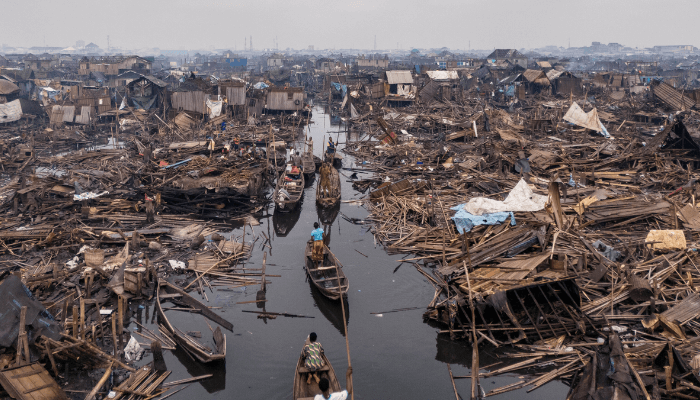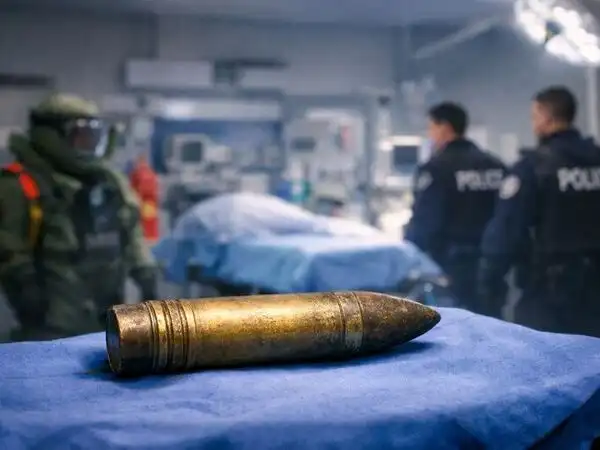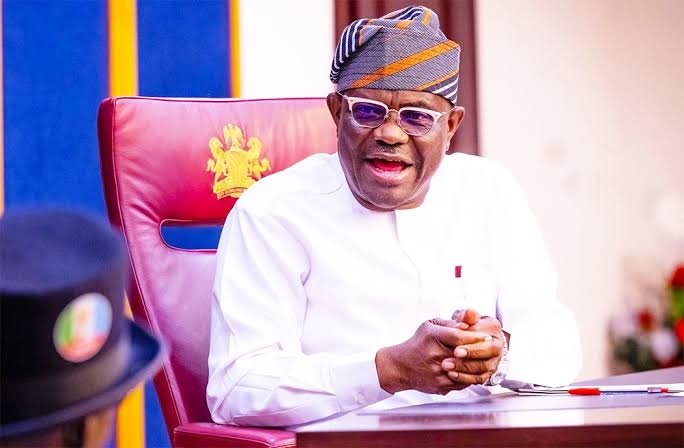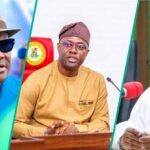44 Lawmakers Write President Tinubu, Demand Political Solution, Release of Nnamdi Kanu
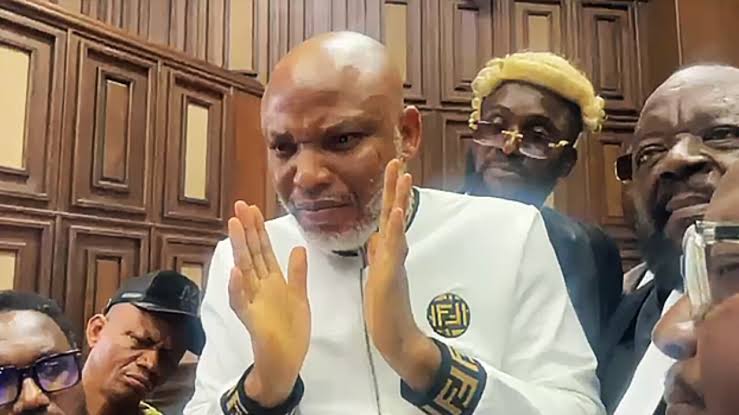
A fresh push for political intervention in the prolonged detention of Nnamdi Kanu has emerged in the National Assembly, as 44 serving members of the House of Representatives have formally written to President Bola Tinubu seeking his release.
The lawmakers—drawn from both northern and southern regions and cutting across party lines—submitted a two-page letter and a jointly signed resolution, urging the President to embrace political dialogue as the most effective path toward restoring stability in the South-East.
In the letter coordinated by Hon. Ikenga Imo Ugochinyere, the lawmakers argued that Kanu’s continued detention has contributed to heightened insecurity, economic paralysis, travel restrictions, and persistent sit-at-home disruptions in the region.
They noted that attempts to resolve the crisis strictly through legal processes had not produced the desired outcome and appealed to Tinubu to consider invoking his constitutional powers to direct the Attorney-General of the Federation to discontinue the prosecution.
The lawmakers stressed that addressing the grievances fueling unrest in the South-East requires political negotiation rather than deepened confrontation.
They also called for broader national dialogue to address long-standing issues of marginalization and mistrust between the region and the federation.
Although the appeal has generated national attention, the Presidency is yet to issue an official response. Political observers say the move is significant because it represents one of the largest bipartisan pushes within the current National Assembly to seek reconciliation over force.
The intervention adds new pressure on the federal government at a time when courts continue to handle multiple terrorism-related cases involving Kanu, and debates over the most effective approach to resolving secession-linked tensions remain ongoing.
Whether the Tinubu administration will accept the lawmakers’ request could shape not only the future of Kanu’s detention, but also the wider national policy towards separatist agitations and peace-building in the South-East.


